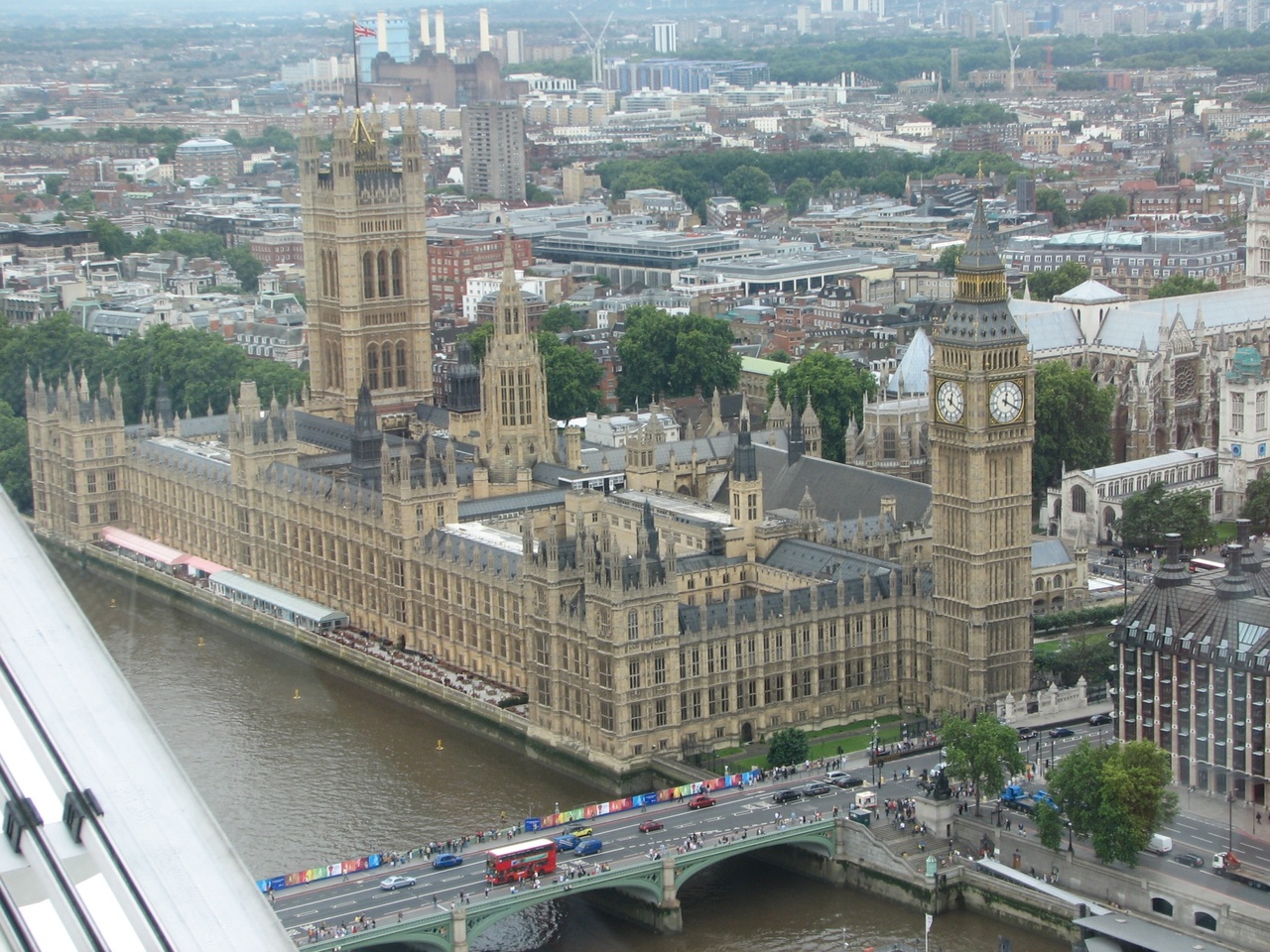Gateway 2 In Action In Acton
Acton Gardens, one of the most ambitious estate regeneration schemes in London, has secured Gateway 2 approval from the Building Safety Regulator for...
Read Full Article
A new report from ecological consultancy Arbtech has identified 40 constituencies where Labour MPs face a ‘perfect storm’ for an electoral swing, as a result of its Planning and Infrastructure Bill.
In key marginals such as Derbyshire Dales, Darlington and South East Cornwall, over 60% of voters choose protecting nature over housebuilding, while the Planning Bill threatens local green spaces
Arbtech used new constituency-level modelling found the potential for a Green Backlash with the Faultline adding to the jeopardy of a Reform win at the next election.
The Green Faultline
The Green Faultline report includes a nationally-representative poll of 9,000 adults and reveals the government’s proposals in the Planning and Infrastructure Bill are deeply unpopular in the constituencies Labour must defend to retain its electoral hold.
The Bill, which proposes allowing developers to pay into a central Nature Restoration Fund (NRF) instead of remediating environmental damage locally, has been branded by environmental experts as a ‘cash to trash’ system. Arbtech’s analysis overlays three factors to find Labour’s most vulnerable constituencies: the narrowest majorities in the 2024 General Election; high levels of local environment protection; and the least support for the NRF.
Key marginals in the balance
At-risk MPs stretch the country from John Whitby MP’s seat in Derbyshire Dales, through Lola McEvoy MP’s in Darlington and Anna Gelderd MP’s in South East Cornwall.
In Derbyshire Dales, Labour MP John Whitby cinched a wafer-thin margin of 350, while the local area sees 52.22% of land under formal environmental protection measures. In the constituency, the polling reveals 65% of voters prefer protecting nature over housebuilding in a trade-off.
This cocktail of factors, combined with Arbtech’s polling finding the NRF sees net support of -23% in Derbyshire Dales, places the seat in a particularly vulnerable electoral position. Arbtech’s modelling suggests that swings as small as 1-2% could flip these seats back to the Conservatives or Reform and even the Liberal Democrats, or Greens.
In all of these constituencies, more than half (between 52% and 65%) of voters say they prefer protecting nature over accelerating housebuilding in a forced choice.
In South West Norfolk, 60% of voters favour nature first, with support for the NRF running as low as -14% in net support. Similar patterns are seen in Suffolk Coastal, Ribble Valley, and North East Derbyshire and Middlesbrough South and East Cleveland – all with Labour majorities under 2,500.
Opposition opportunities
The same modelling also highlights opportunities for opposition MPs in constituencies they currently hold by narrow margins. Seats like Central Devon (Con, 61 majority, –22% net NRF support), Exmouth and Exeter East (Con, 121 majority, –18%), and North East Hampshire (LD, 634 majority, –24%) all show strong public resistance to the Bill’s centralised offsetting approach.
By backing amendments that maintain environmental protections and local delivery, opposition MPs in these areas face the chance to consolidate fragile majorities. In constituencies where more than half of the land is already under environmental protection, such as Skipton & Ripon (73% protected) and Newbury (83% protected), siding with nature over ‘cash to trash’ may be a decisive electoral leg-up.
The Green Belt backlash
Labour’s political danger is most acute in peri-urban and Green Belt constituencies, where residents fear urban sprawl and loss of access to nature. Arbtech’s analysis shows that seats with high levels of protected land such as South Dorset (68% protected), Reading West & Mid Berkshire (65%) and Ashford (64%) register some of the strongest opposition to the Bill.
In these communities, the NRF is seen not as a fair trade-off but as a mechanism that would enable developers to degrade local habitats while promising compensation miles away. The result is profound across the political spectrum, uniting rural Conservatives, suburban swing voters and Labour loyalists in resistance.
Urban support limited
The research also finds that the Bill’s provisions are not strongly supported even in urban centres under pressure for housing. In constituencies such as Hackney South & Shoreditch and Bethnal Green & Stepney, support for the NRF is modestly positive. But when voters are presented with a straight choice, majorities still choose nature over housebuilding – 55% versus 33% in Hackney South & Shoreditch for example.
Tremors of the Bill
Robert Oates, the CEO and founder of Arbtech, says: “The tremors set off by the Planning and Infrastructure Bill are forging an electoral fault line. Small swings in nature-conscious seats could undo Labour’s gains from 2024 and hand victories to their opponents. Our research shows voters are not anti-development. They want new homes, yet they also expect fairness and liveable communities. The government promised that building more homes would not come at the expense of environmental protections but the current text ensures exactly that. It is vital that ministers now listen to voters and strengthen this Bill or risk alienating the very communities they’ll need most in a few short years.”
Picture: MPs could lose their seats at the Houses of Parliament because of the Planning and Infrastructure Bill.
Article written by Cathryn Ellis
23rd September 2025